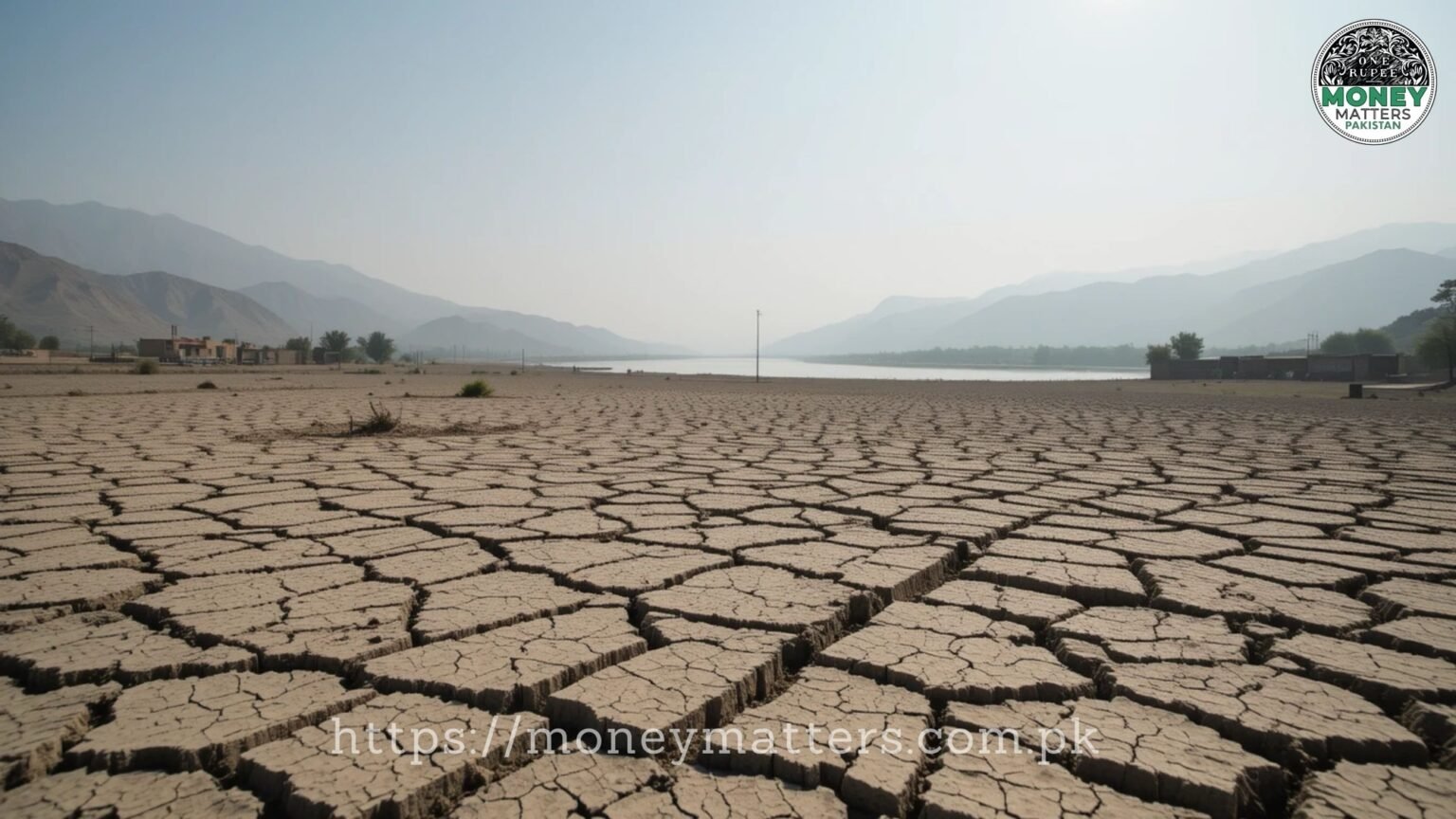Experts warn of severe repercussions for Pakistan’s agriculture as India halts Indus Waters Treaty.
Key Takeaways:
i) India has suspended the Indus Waters Treaty, a water-sharing agreement, following a terror attack, raising concerns in Pakistan.
ii) Pakistan relies heavily on the Indus River system for agriculture, and the suspension could disrupt crucial water data sharing and reduce water flow during key crop seasons.
iii) Experts warn that this could severely impact Pakistan’s agricultural economy, potentially reducing yields of key crops like wheat, rice, and cotton, and increasing groundwater stress.
News Analysis – Following India’s suspension of the Indus Waters Treaty (IWT), concerns are mounting in Pakistan over the potential economic fallout. The decision, made in response to a recent terror attack in Pahalgam, has raised fears of disrupted water supplies that may have serious consequences.
The Indus Waters Treaty, brokered by the World Bank in 1960, allocates the eastern rivers (Sutlej, Beas, and Ravi) to India and the western rivers (Indus, Jhelum, and Chenab) to Pakistan. This treaty has been a cornerstone of water management between the two nations for over six decades. However, the recent suspension has placed the future of this agreement in jeopardy.
Pakistani officials have reacted strongly to the suspension. Some have warned that any attempt to block or divert water would be considered an act of war.
Experts warn that the suspension could have severe repercussions for Pakistan’s agricultural economy. Pakistan heavily relies on the Indus River system for irrigation, with approximately 80% of its irrigated land dependent on these waters. The disruption of water data sharing and potential reduction in water flow during key crop seasons could significantly impact yields of essential crops like wheat, rice, and cotton. This could lead to economic instability and food insecurity in the country.
Furthermore, reduced surface water could force farmers to rely more on groundwater, exacerbating existing issues of aquifer depletion and land salinization.
The long-term consequences of this suspension remain uncertain. However, the immediate impact is likely to be increased tensions between India and Pakistan and growing concerns within Pakistan about its water security and economic stability.




